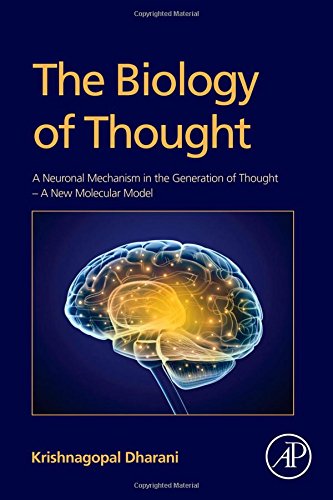

Most ebook files are in PDF format, so you can easily read them using various software such as Foxit Reader or directly on the Google Chrome browser.
Some ebook files are released by publishers in other formats such as .awz, .mobi, .epub, .fb2, etc. You may need to install specific software to read these formats on mobile/PC, such as Calibre.
Please read the tutorial at this link: https://ebookbell.com/faq
We offer FREE conversion to the popular formats you request; however, this may take some time. Therefore, right after payment, please email us, and we will try to provide the service as quickly as possible.
For some exceptional file formats or broken links (if any), please refrain from opening any disputes. Instead, email us first, and we will try to assist within a maximum of 6 hours.
EbookBell Team

4.3
18 reviewsThe question of "what is thought" has intrigued society for ages, yet it is still a puzzle how the human brain can produce a myriad of thoughts and can store seemingly endless memories. All we know is that sensations received from the outside world imprint some sort of molecular signatures in neurons – or perhaps synapses – for future retrieval. What are these molecular signatures, and how are they made? How are thoughts generated and stored in neurons? The Biology of Thought explores these issues and proposes a new molecular model that sheds light on the basis of human thought. Step-by-step it describes a new hypothesis for how thought is produced at the micro-level in the brain – right at the neuron.
Despite its many advances, the neurobiology field lacks a comprehensive explanation of the fundamental aspects of thought generation at the neuron level, and its relation to intelligence and memory. Derived from existing research in the field, this book attempts to lay biological foundations for this phenomenon through a novel mechanism termed the "Molecular-Grid Model" that may explain how biological electrochemical events occurring at the neuron interact to generate thoughts. The proposed molecular model is a testable hypothesis that hopes to change the way we understand critical brain function, and provides a starting point for major advances in this field that will be of interest to neuroscientists the world over.